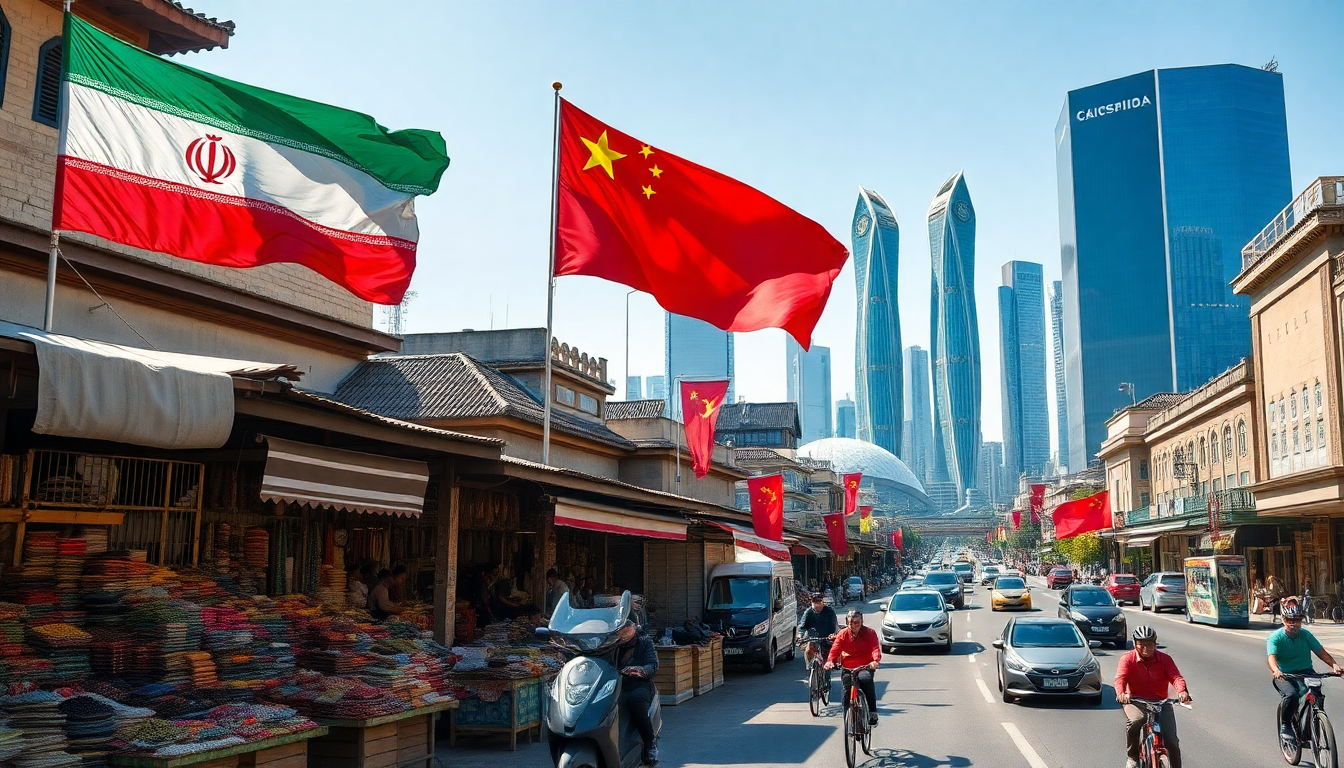Table of Contents
The geopolitical landscape surrounding Iran and its relationship with China is more intricate than ever, especially given the recent conflicts in the region. Have you ever wondered how such dynamics could affect global stability? Analysts believe that China is walking a tightrope, needing to balance its ties with Iran while not alienating its Arab allies or the Gulf Cooperation Council countries. With all eyes on this situation, the stakes are undeniably high for regional peace.
The Iran-China Relationship: A Strategic Alliance
When we talk about Iran’s ties with China, we’re looking at a partnership that goes beyond mere friendship—it’s a strategic alliance built on economic and political collaboration. Both countries share a keen interest in countering Western influence in the region, especially as the United States continues to flex its muscles. Just consider China’s investments in Iranian infrastructure and energy sectors; they highlight a commitment that runs deep. Yet, as tensions flare—especially with Israel’s military actions against Iran—Beijing finds itself in a tricky spot, trying to maintain this partnership while also building relationships with Arab nations.
In recent months, we saw conflict erupt in June, which briefly involved the U.S. and raised eyebrows regarding the stability of the Iranian regime. Analysts point out that the Iranian government is under pressure to show resilience if it hopes to maintain its influence and stave off unrest. With Israeli Prime Minister Netanyahu hinting at severe measures against Iran’s leadership, the geopolitical chessboard is constantly shifting, complicating China’s situation.
The Balancing Act for Beijing
China’s role in the Middle East can be described as a careful balancing act. While it aims to strengthen its ties with Iran, it also has to keep its relationships with Arab nations in check—nations that are understandably wary of Iran’s ambitions. The Gulf Cooperation Council countries are particularly important for China’s energy needs and economic aspirations. As the U.S. reevaluates its involvement in the region, China sees a golden opportunity to enhance its influence. However, it can’t afford to alienate its Arab partners in the process.
Beijing’s strategy has been largely pragmatic, focusing on economic exchanges rather than overt political alliances. This approach allows China to maintain a neutral stance—crucial in a region steeped in long-standing rivalries. But with the recent surge in hostilities, this neutral ground is being tested. How can China navigate this minefield of regional politics while still protecting its interests?
Implications for Regional Geopolitics
The consequences of the ongoing conflict stretch far beyond just Iran and China; they ripple through the broader geopolitical landscape. Arab states are watching these developments closely, weighing their own security and economic interests. Could increased Chinese influence lead to shifts in alliances and power dynamics, particularly if tensions with the U.S. escalate? It’s a question worth pondering.
As this situation unfolds, the international community will be paying close attention. Policymakers will need to think about what China’s growing role in the Middle East means for the future. For now, Beijing faces the ongoing challenge of finding the right balance between supporting Iran and maintaining amicable relations with Gulf states.
Future Outlook
Looking ahead, the Middle Eastern geopolitical landscape is likely to remain turbulent. China’s ability to navigate this complex environment will be crucial in determining its future role in the region. As conflicts arise and alliances shift, the importance of diplomatic engagement cannot be overstated. The upcoming months will be pivotal in shaping the trajectory of Iran-China relations and their broader implications for regional stability. Are we ready for the changes that lie ahead?


